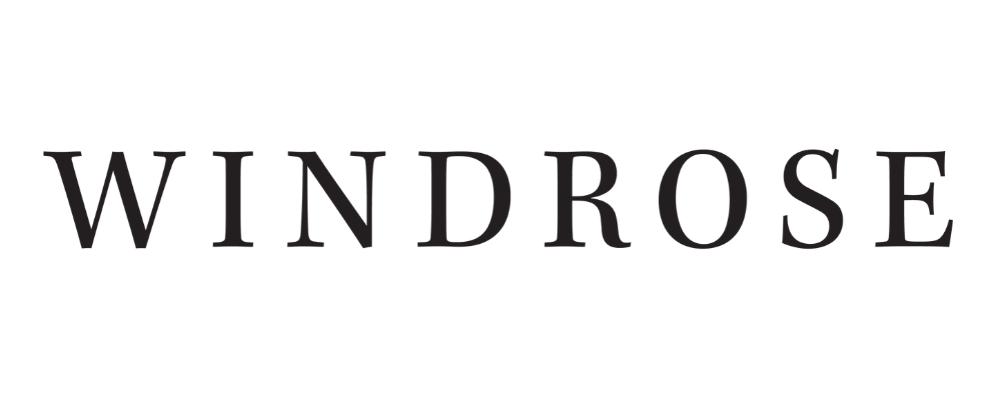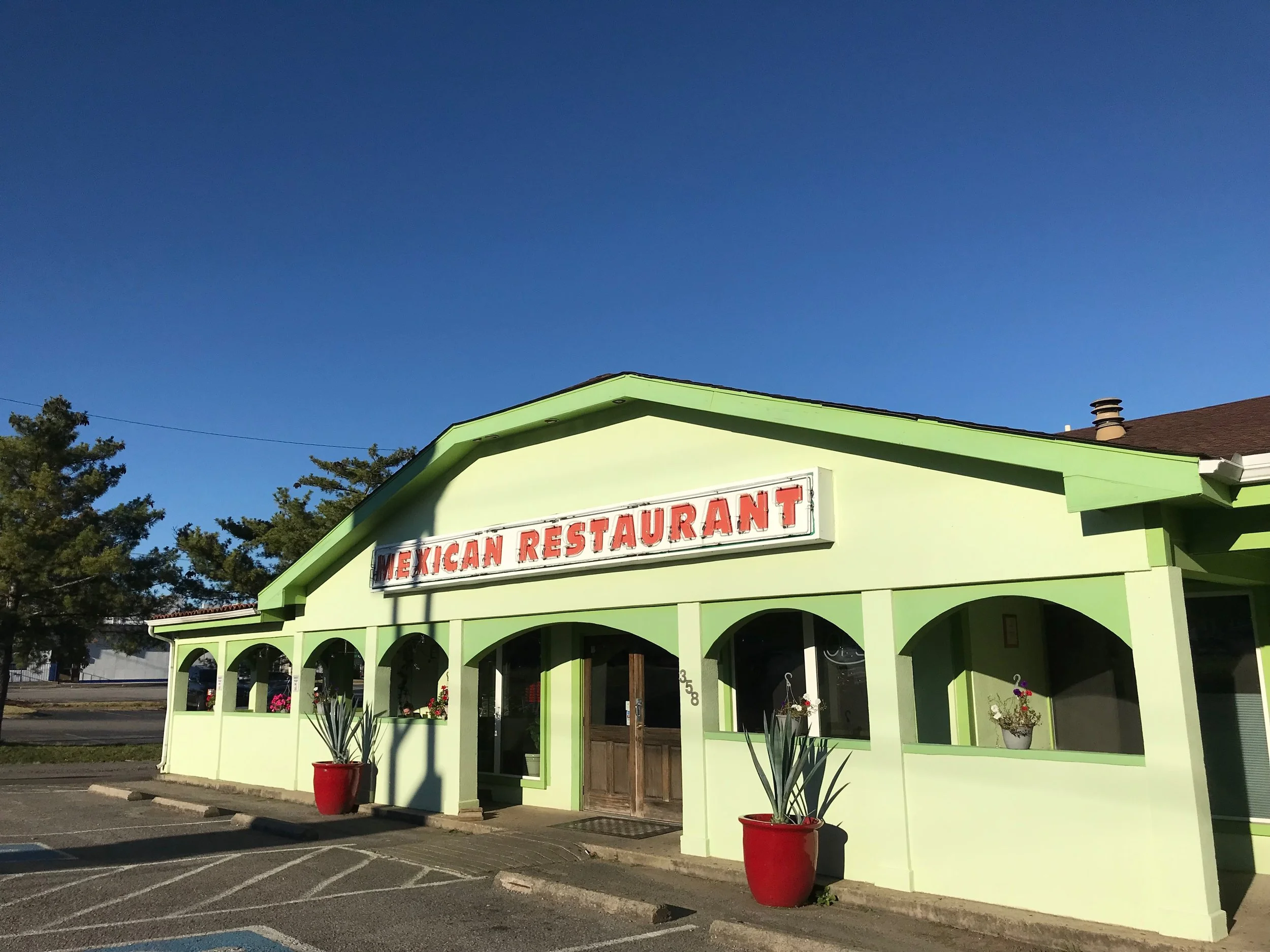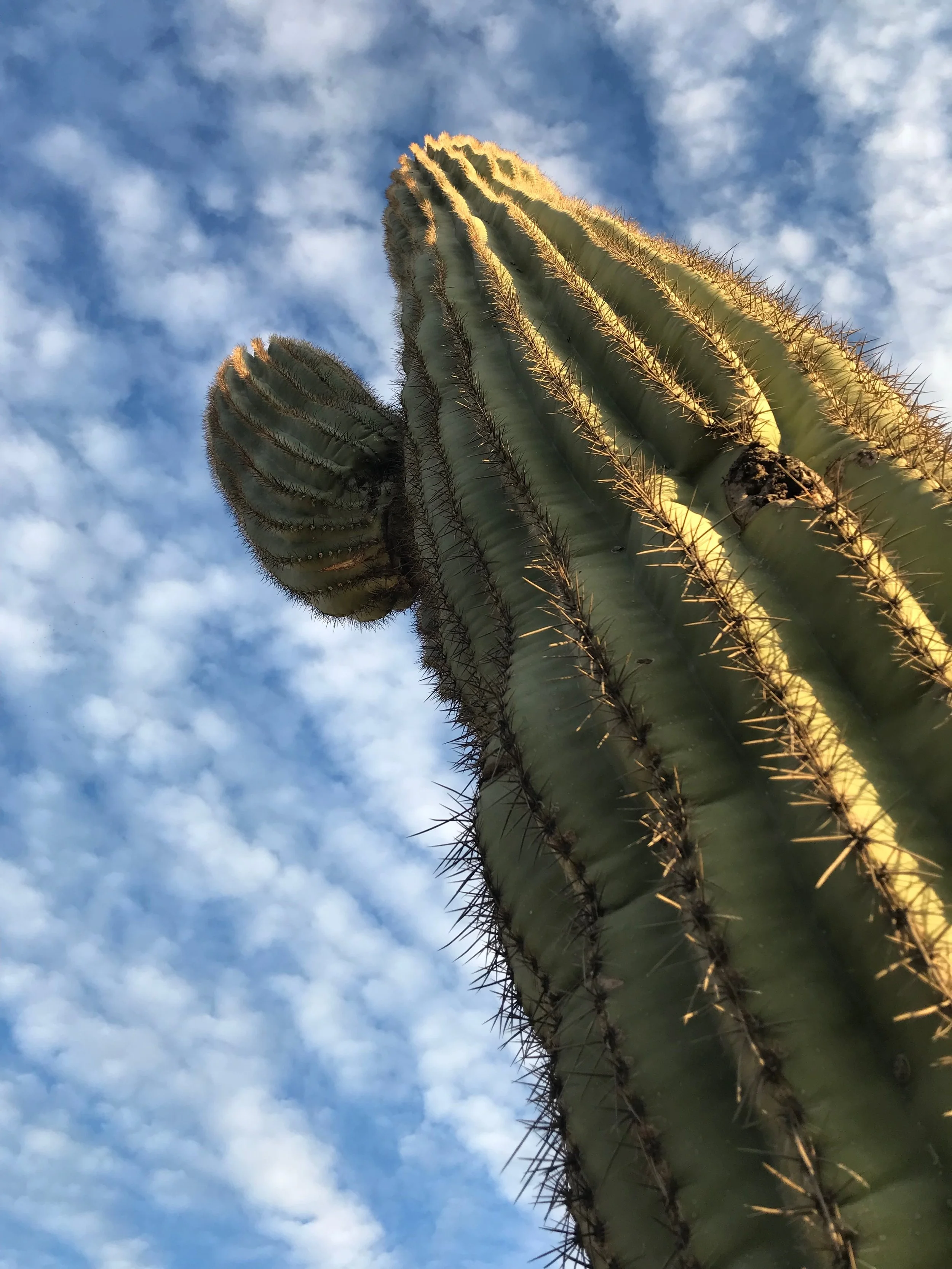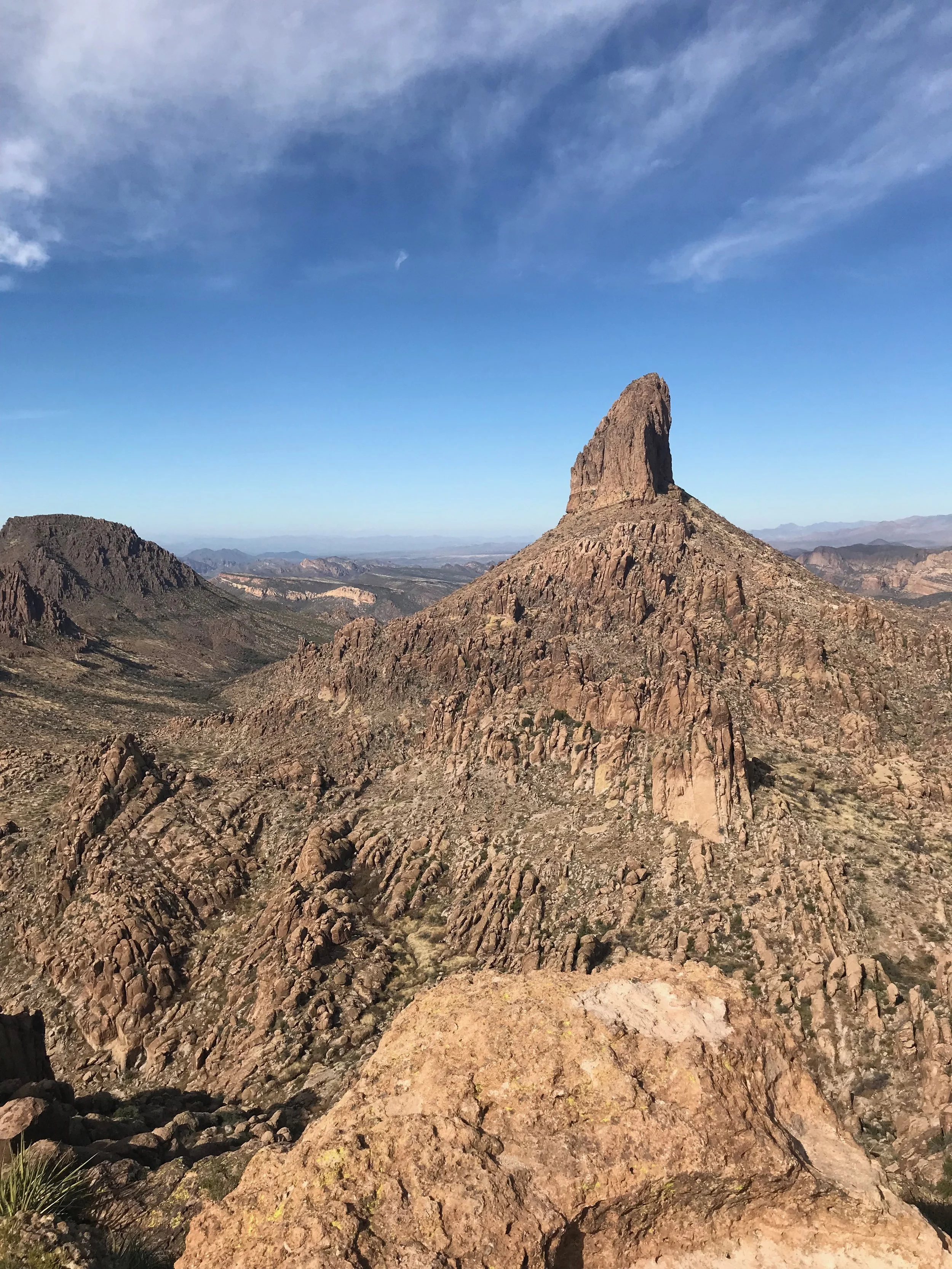The Fear of Ambition
I became a vegetarian when I was 17 years old, and it felt like the most natural decision of my life. For the first time, I committed to taking an active role in aligning my values with my lived experience, and this gave every day a little more purpose than it had before. At 25, it still does. While this progression came easy to me, it proved challenging for others. Catholic school cafeterias have been the site of almost all prominent humiliations in my life, so you can imagine that unpacking tofu and bean sprouts at the lunch table invited a biblical amount of ridicule during my senior year.
One particular day, I had the misfortune of sitting next to a human who can only be described as a lacrosse player who took it as his personal responsibility to correct my misguided foray into the world of vegetarianism. The arc of his argument is so tired, it’s not worth repeating, but his final move was almost Olympic in its absurdity. In response to my extolling the nutritional virtues of broccoli, our hero replied, “Well, you could die tomorrow anyway. What’s the point?” Great question, dude, what is the point?
To this day, his interrogative mantra rings in my ears every time I feel the urge to go out on a limb. In context, his stance can easily be written off as teenage naïveté, but the spirit of the question is unfortunately encoded throughout our lives. For the postgraduate seeking to transgress or assume an affirmative stance on an issue of importance to her, resistance comes in the shape of familiar inquiries: How will that pay your bills? Who’s going to want to buy that? Do you really think you’re capable? These are questions adults use to keep one another in their respective places, and it makes sense.
Ambition is scary, and it can be dangerous. It can intimidate the actor and the bystander alike–What if I fail? What if I never try? The truth is that the stakes are high every morning the minute your feet hit the floor, and that’s a lot of pressure. We often seek to alleviate this pressure by taking the path of least resistance.
Right after college, I worked in a windowless office for three months–I wore a headset, I clocked in, clocked out, literally had watercooler conversations. The money was rad and the company provided awesome benefits. At dinner parties and family gatherings nobody asked how I paid my bills or warned me that 26 was right around the corner. Nobody said, “Do you see yourself doing this long-term?” Nobody encouraged a “Plan B.” The moment I left the corporate job, the questions flooded in. My aspirations and goals hadn’t changed, but my economic standing had radically shifted, and I didn’t realize this until I saw it reflected on the faces of the people around me.
I really became a connoisseur of such coded feedback last year when, alongside Jaclyn Coleman, Savannah Johnson, and Christi Sidwell, I set out to publish a small-batch feminist journal in Nashville, TN called Broadside. I could try to describe the facial expression various family members assumed as I explained why print media and feminism were relevant in (pre-election) 2016, but your imagination can fill in the gaps here.
Now we’ve been in print for over a year, and I have observed that people fall into one of two camps when it comes to the ambitions of others. Borrowing from a moral philosophy framework here, we can call these camps essentialist and consequentialist. The essentialist sees the thing for itself, for its content, and she assesses the endeavor based on this criteria–she asks, what is it? The consequentialist is concerned with results and asks, what will come of this? In the case of Broadside you can imagine which camp offered the most support in our early days. If you understand feminism or simply the value of four women undertaking a project together, Broadside plays. If you want to know how a printed collection of feminist essays pays a student loan bill, I’ll call you when I have the answer.
I don’t know why we feel the need to denigrate and belittle aspiration in this culture, perhaps because we’re obsessed with money. Actually, I think that might be right, so I’ll leave it there–I’m not really here to talk about money, and believe me, you don’t want me to. I’m here to talk about building things, Broadside in particular–an endeavor that was entirely undertaken in itself, for itself.
This project was born after years of wine-fueled porch conversations in which friends disclosed trauma, came out, fell in love, broke up, told stories, and connected to one another the way women have for generations. We always left those late night confessionals transformed, and after a while, we decided that we should take the narratives out into the world. In the tradition of women’s groups and liberation movements before us, we printed words and images on 11x17 inch sheets of paper and distributed them for free in our local communities. Nobody gave us permission. That’s why it works.
Since our first printing we have produced 16 issues detailing stories of grief, perseverance, self-discovery, heartache, agency, transition, among many other narratives that defy category. We have partnered with a non-profit organization so that we can expand our mission over time in a sustainable manner. We’ve got merch, and a special edition issue is currently on tour across the country with an amazing artist named Liza Anne. Most importantly though, we’ve heard from many women about how much it means to them when Broadside comes out every month–one woman grabs a copy for herself and always snags an extra for her best friend, another confesses that she consistently gets in trouble for reading Broadside in class.
If we measured our success by conversions or units sold, the math would come in showing that Broadside has been a complete failure, but we’re not in the bottom-line business. Rather, our success is born of that essentialist question, what is it? Every issue we release exists in accordance with our core values: sincerity, affirmation, harmlessness, and voice. Every essay, poem, or piece of visual art is a success in itself because it tells the truth, it amplifies the voice of the unheard, and that’s what’s important. We don’t enter the margins for glory or riches–of course not, right? The same way you don’t go off the beaten path for the sake of efficiency. Some things in life are just worth doing, and this is not to say that the consequences won’t be great. We’ve had material successes, and we are so grateful, but if money had been the goal at the outset, we never would have made it to year two.
Now as I consider labors of love and passion projects, I measure them against a different set of criteria than I did before. I’ve learned to embrace the essentialist perspective, and I have a greater appreciation for the potential in these projects because I’ve watched Broadside grow into an entity that is, in many ways, beginning to take care of itself. It has not gained momentum because the founders shook a bunch of hands, threw some winks around, and struck deals.
No, Broadside continues to grow because the honesty that our writers and artists bring to the page is irresistible–people want sincerity and they want to hold it in their hands. We know well that when a woman tells her story the force is undeniable, transformation cannot be avoided, and this bears out time and time again. So when that sneaky voice creeps in, disregarding my vision and belittling my project with that invective, “What’s the point?” I turn on my heels and look it square in the eye–I’ll tell you the fucking point.
[For more information, visit Broadside's website.]












Hi friends,
Announcement (sounds so formal, doesn’t it?):
It's the end of an era.
I’ve decided that, after nearly 8 years of telling stories of navigating life, this season of Windrose is drawing to a close.